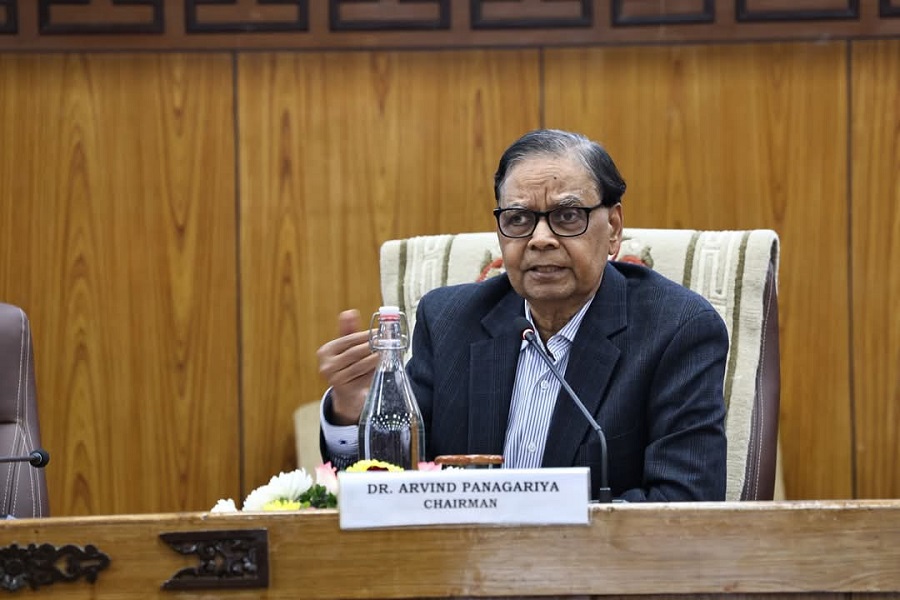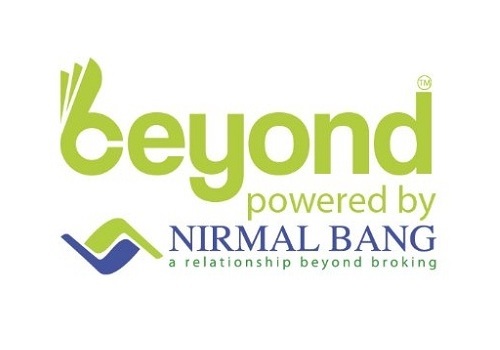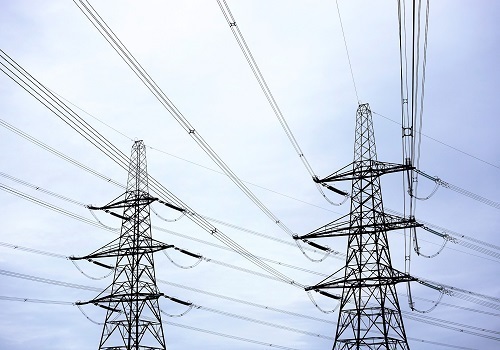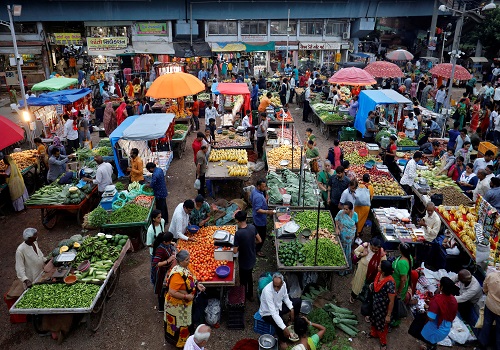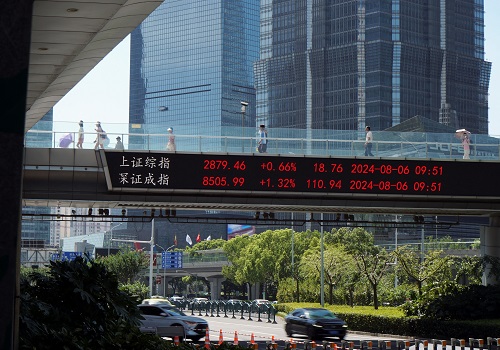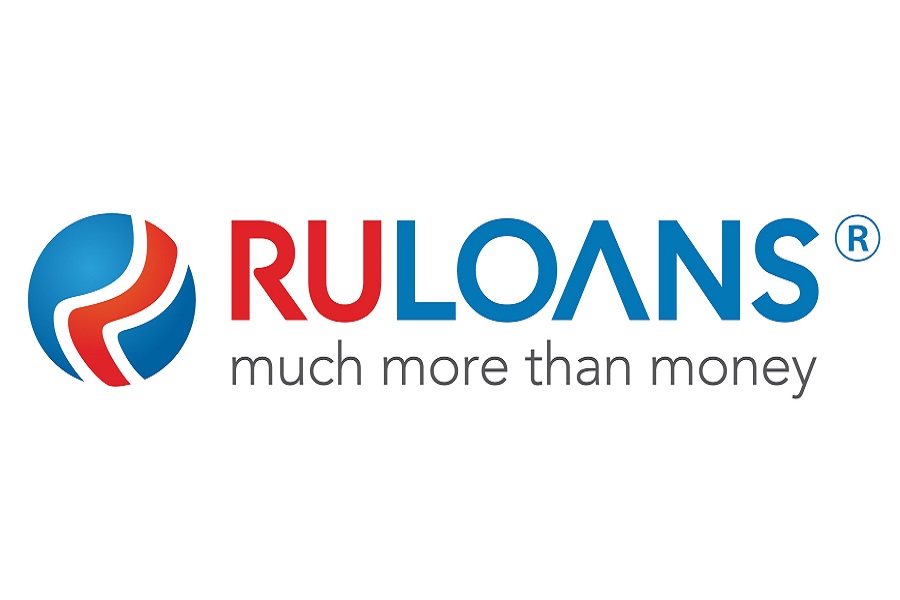TV distribution platforms given relief in amended tariff by TRAI

The Telecom Regulatory Authority of India (TRAI) on Monday issued tariff orders and regulations to reduce the regulatory burden on distribution platform operators (DPOs) amid the migration of pay-TV customers to other platforms.
The notified amendments said that ceilings of Rs 130 for 200 channels and Rs 160 on more than 200 channels have been removed on Network Capacity Fee (NCF) and “is kept under forbearance to make it market driven as well as equitable”.
Service provider may now charge different NCF based on number of channels, different regions, different customer classes or any combination thereof.
“DPOs have now been permitted to offer discount up to 45 per cent while forming their bouquets to enable flexibility for them in forming bouquets and to offer attractive deals to the consumers. Earlier this discount was permitted only up to 15 per cent,” said TRAI.
With the proliferation of HD television sets and to encourage transmission of high-definition content, “distinction between HD and SD channels has been removed for the purpose of carriage fee”.
According to TRAI, a pay channel available at no subscription fee on the DTH platform of the public service broadcaster has to be declared free-to-air by the broadcaster of the channel for all the addressable distribution platforms also so as to have a level-playing field.
“DPOs have been mandated to declare tariff of their platform services,” the regulatory body said.
The key objectives of these amendments is to facilitate growth of the broadcasting sector by reducing regulatory mandates and compliance requirements and provide flexibility to the service providers to adopt a market-driven approach while safeguarding the interest of the consumers and small players through transparency, accountability and equitability.
These amendments, except for few clauses, will come into force after 90 days from the date of its publication in the official gazette, said TRAI.
In 2017, TRAI had notified the Regulatory Framework for Broadcasting and Cable services.
The framework was further tuned to the need of the broadcasting ecosystem and to address the concerns of stakeholders through amendments issued in 2020 and 2022.
The stakeholders — broadcasters, MSOs, DTH operators and LCOs — had taken up further issues for the consideration of the Authority from time to time.
To address such issues, the Authority issued a consultation paper in 2023 for seeking stakeholders’ comments.
